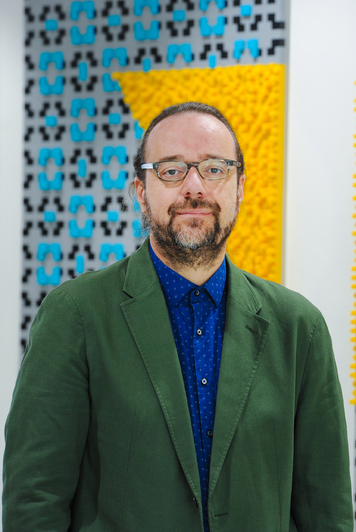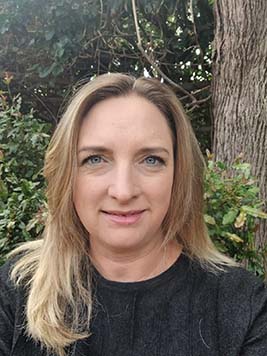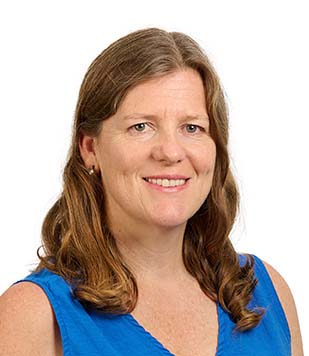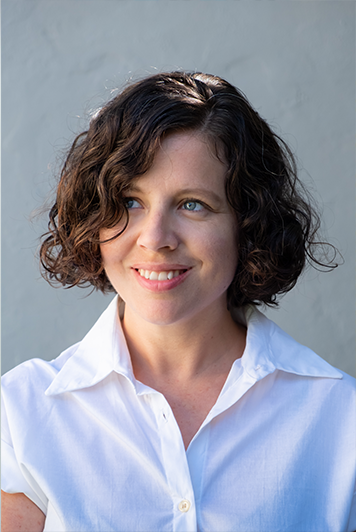
Prof Mattia Vaccari
Director
Mattia Vaccari was born in Italy and studied at the University of Padova where he completed an MSc in Physics and a PhD in Space Science & Technology. He has since been a Research Scientist at Imperial College London, the University of Padova and the University of the Western Cape, working at the junction between astronomical instrumentation, big data processing and extragalactic astrophysics.
He is now eResearch Director and Astroinformatics Research Professor at UCT. In his research, he uses ground-based as well as space-based telescopes to observe distant galaxies at all wavelengths of the electromagnetic spectrum and study their formation and evolution over cosmic time. He also applies Artificial Intelligence techniques to longstanding problems in observational astrophysics such as source detection, identification and classification as well as to weather forecasting and food quality. He has contributed to the design of and developed data processing algorithms for several space satellite astrophysics missions by ESA and NASA. In particular, he contributed to the design of the GAIA space astrometry mission and to the development of the ground segment for the Herschel Space Observatory.
Prof Vaccari leads the HELP-IDIA Panchromatic Project (HIPPO), whose aim is to create a cloud-based environment where astronomers can exploit MeerKAT data in the context of multi-wavelength data in a collaborative manner. As ilifu facility director he oversees the selection and the execution of research projects in astronomy and bioinformatics being run on this cloud computing data intensive research infrastructure. He has co-authored more than 200 refereed journal papers which have been cited more than 22,000 times and he has an h-index of 70.

Anelda van der Walt
Senior eResearch Analyst
Anelda van der Walt is a digital research enabler, educator, and open science advocate who supports researchers in adopting digital tools, reproducible practices, and collaborative workflows. She earned an MSc in Bioinformatics from the South African National Bioinformatics Institute and began her career as Node Manager at the National Bioinformatics Network’s UWC Node. She later specialised in next-generation sequencing as a Bioinformatician at the Centre for Proteomics and Genomics Research and served as Senior Bioinformatician at Stellenbosch University’s Central Analytical Facilities.
Her growing interest in interdisciplinary research and community building led her to become the first eResearch Analyst at the University of Cape Town. In 2015, she founded Talarify, a training and consulting firm focused on strengthening computational and open science capacity across Africa.
Anelda has led and contributed to numerous institutional, national, and international initiatives, offering mentorship, training, and strategic guidance. She brings this passion and experience to the UCT eResearch Centre, continuing to champion open, collaborative, and sustainable research and practices.

Sarah Marriott
Communication & Marketing Specialist: Internal Communication and eResearch
Sarah Marriott joined the Research Office in early 2025, and is based within the Global Strategy and Visibility unit with a dotted line of reporting to the eResearch Director. She plays an integral role as part of a hub of expertise on communication and marketing for research.
Sarah is responsible for providing dedicated communications support for the UCT research community to share information and raise awareness about relevant research-related policies, services and systems. Her role involves supporting research impact communications by researchers, and using multiple channels, including digital, print and face-to-face, to ensure researchers are kept up to date with changes in the research landscape at the university.
She works with a range of departments that support research at UCT: in particular, eResearch and Research Support Systems, Research Support Enterprise, Researcher Development, the Office of Research Integrity, and Research Contracts & Innovation.

Sarah Schäfer
eResearch Analyst
Sarah Schäfer joined the eResearch team at UCT in 2022, after working at the UWC eResearch Office as a Research Data Specialist.
Her background is in research data management and digital cultural heritage, and her career in photography is what initially drew her to discover a research interest in digital scholarship. Her MPhil in Digital Curation focused on cultural heritage in the context of South African museums. Sarah recognises that the field of eResearch is enriched by knowledge and experience from a wide range of areas. This includes both theoretical insights and practical applications related to various aspects, such as Open Science, data governance, data repositories, diverse media and formats, metadata, and research data management. This interdisciplinary approach not only enhances the understanding of eResearch but also promotes the effective and efficient management and dissemination of research data.
